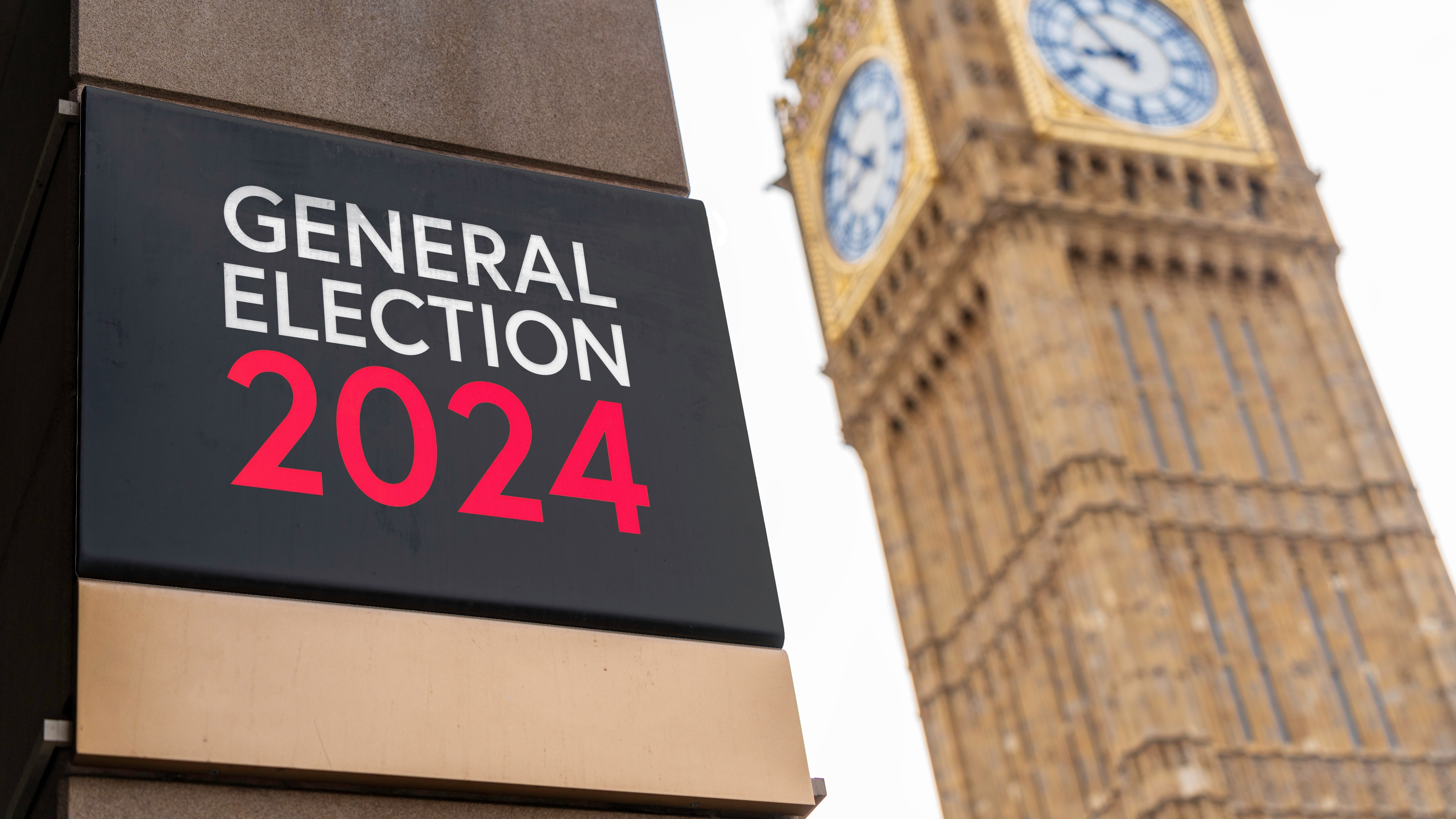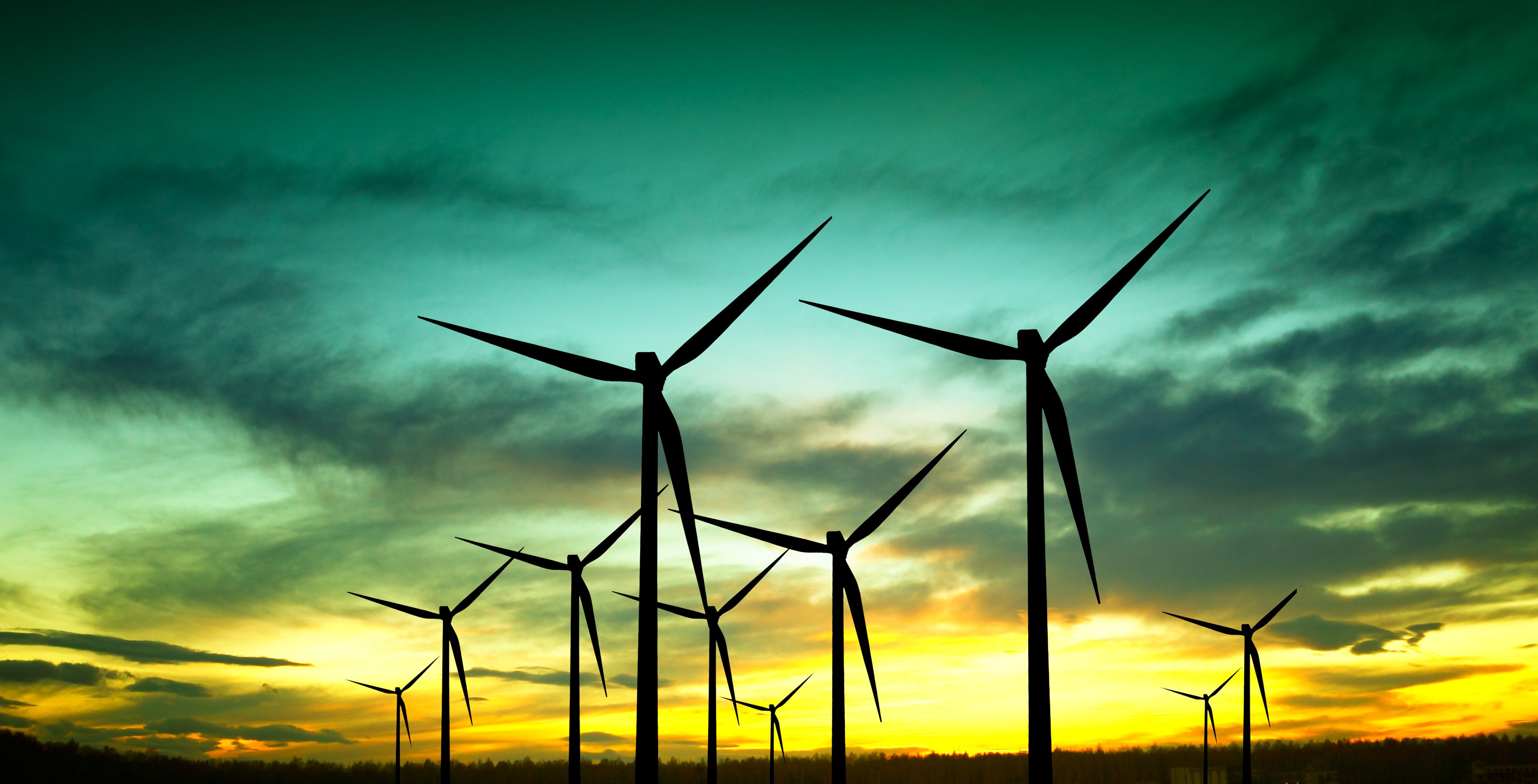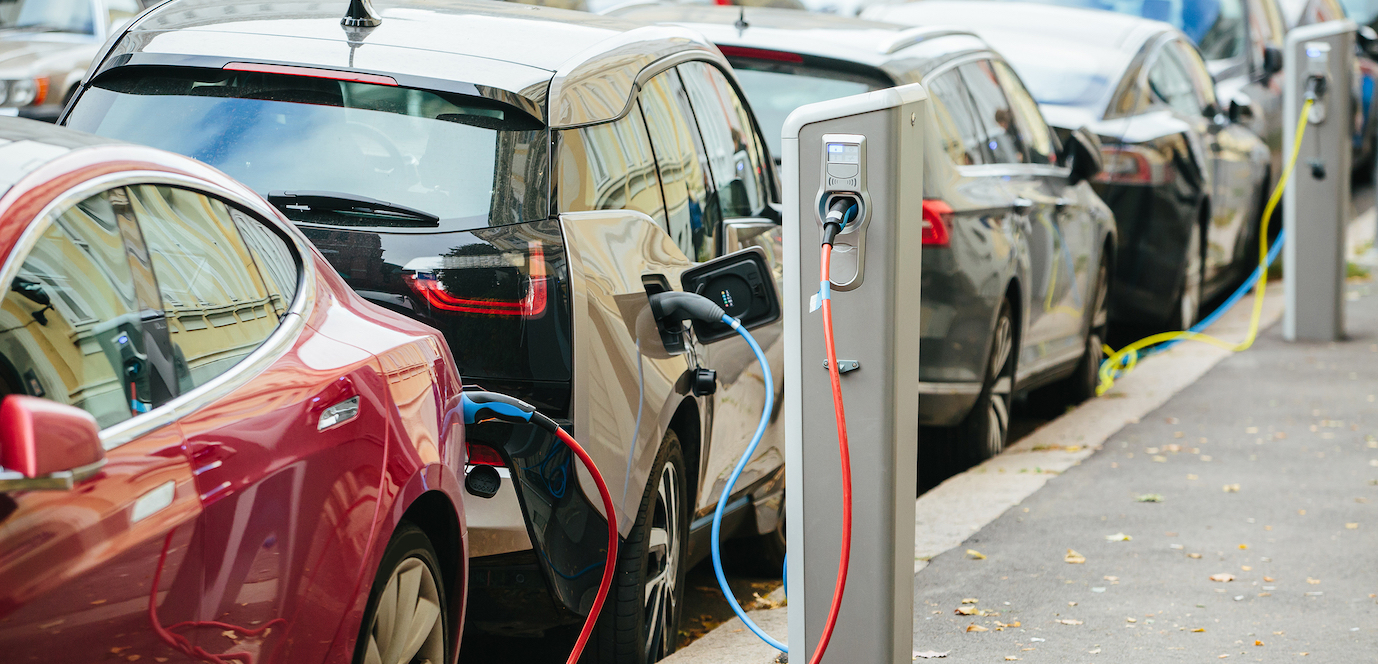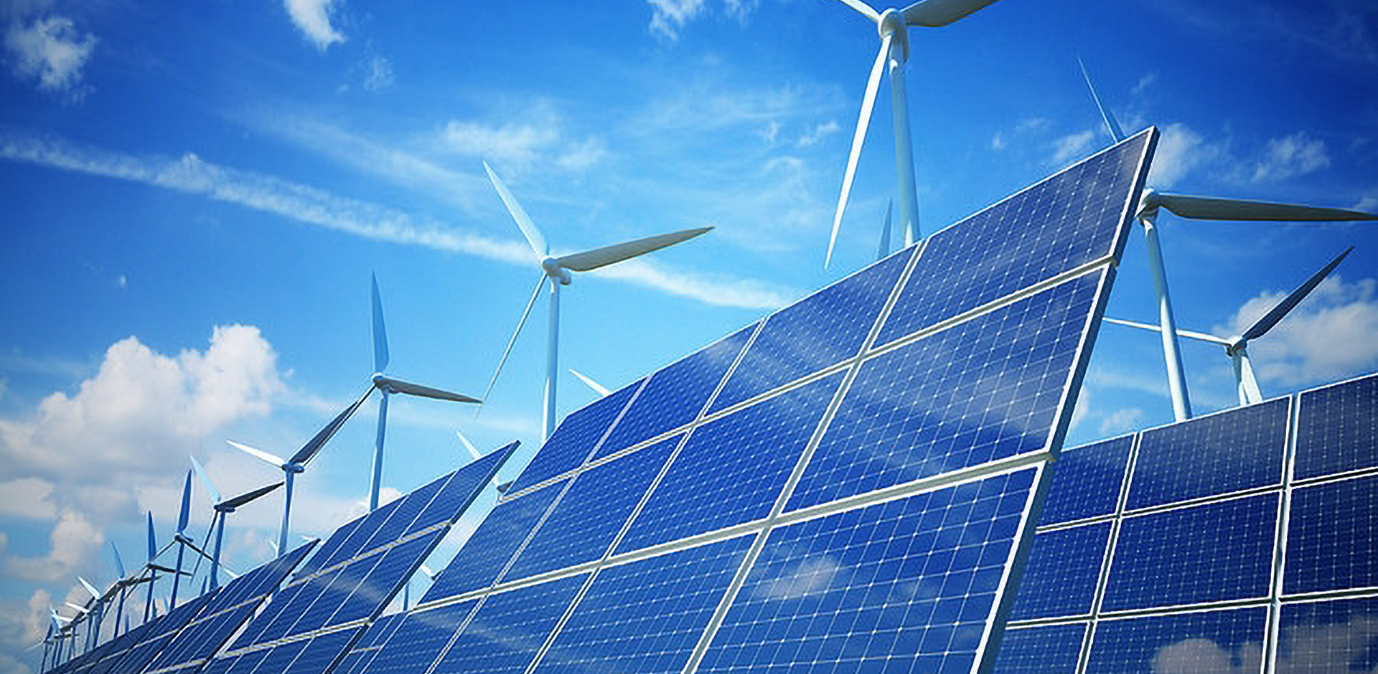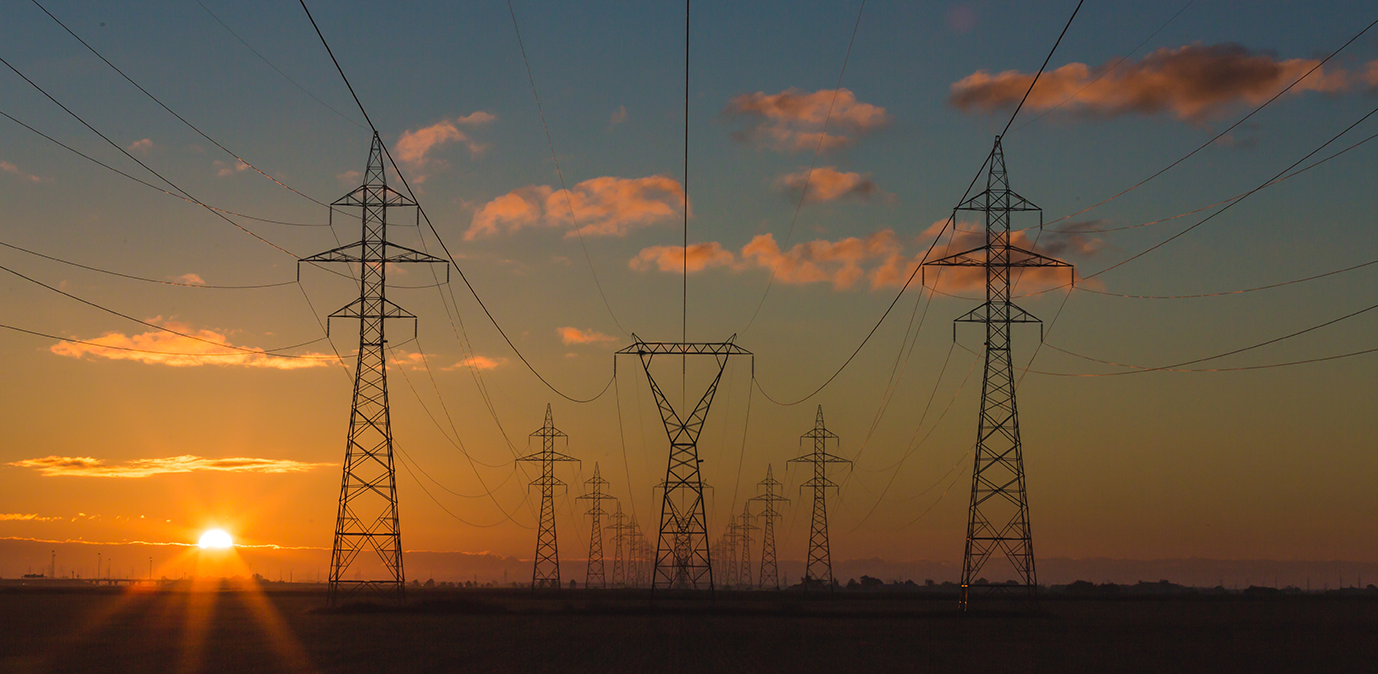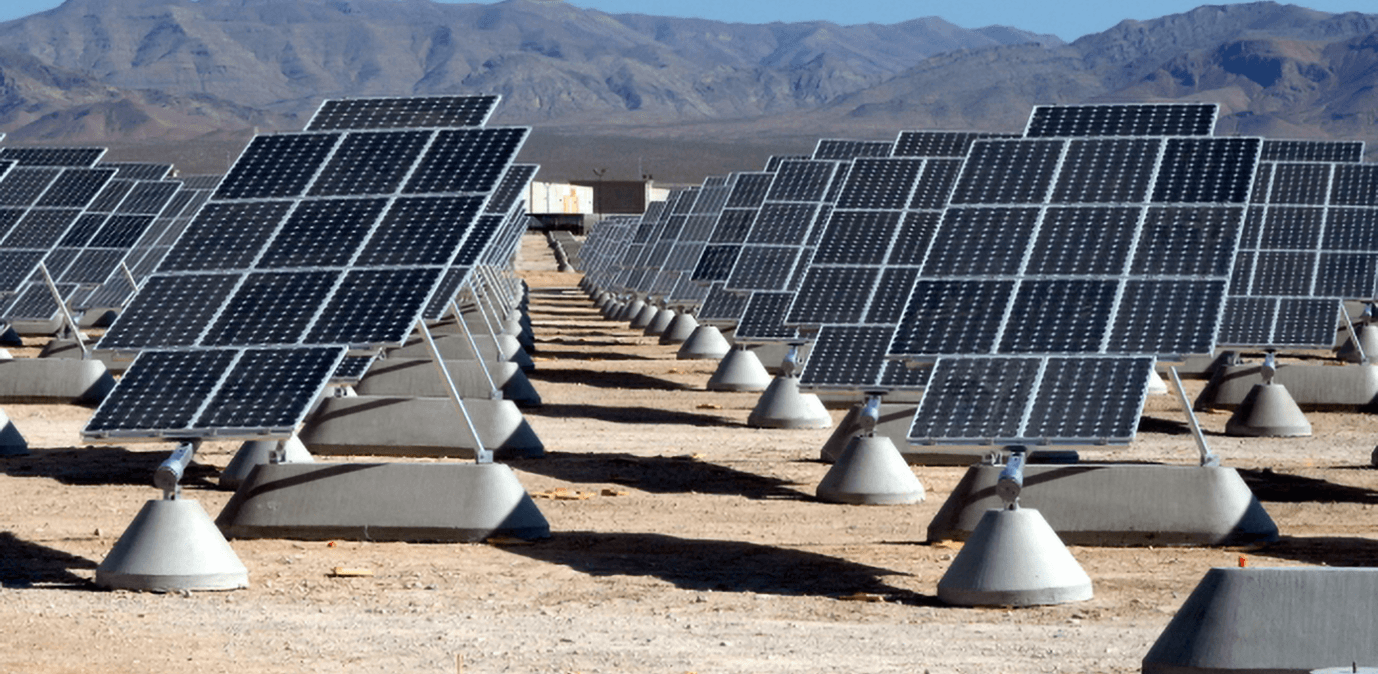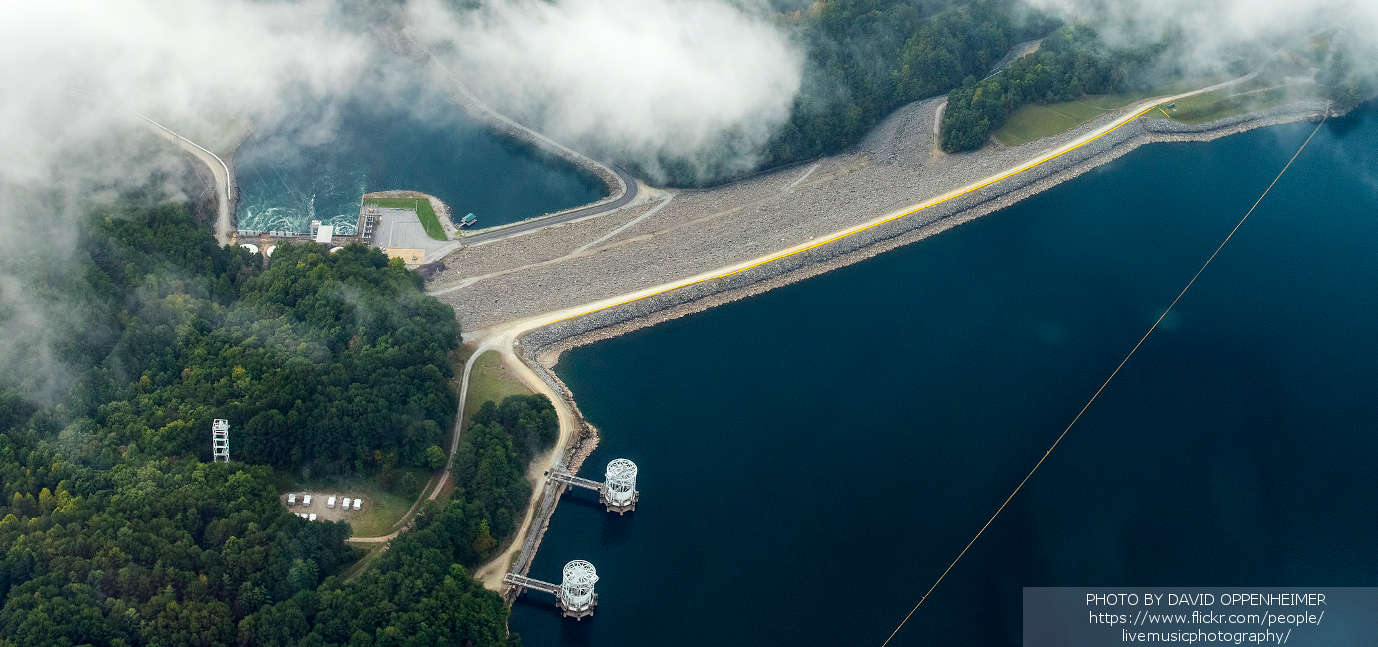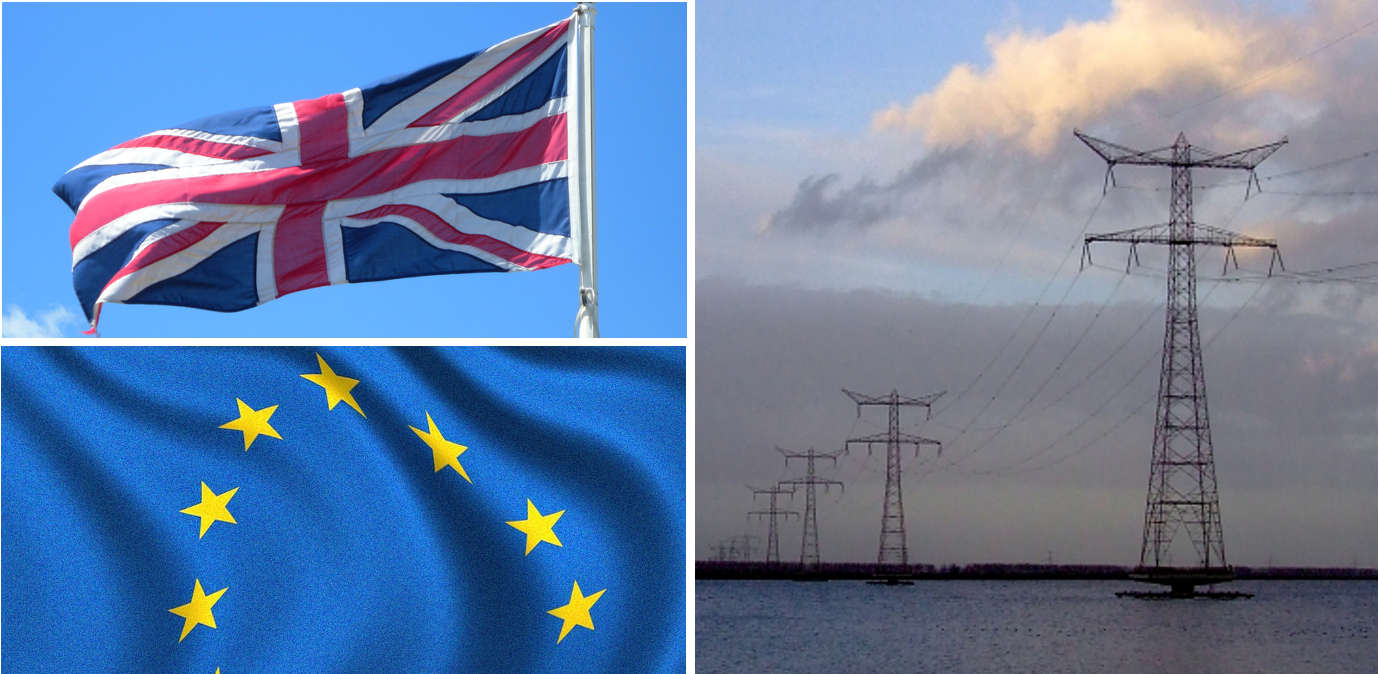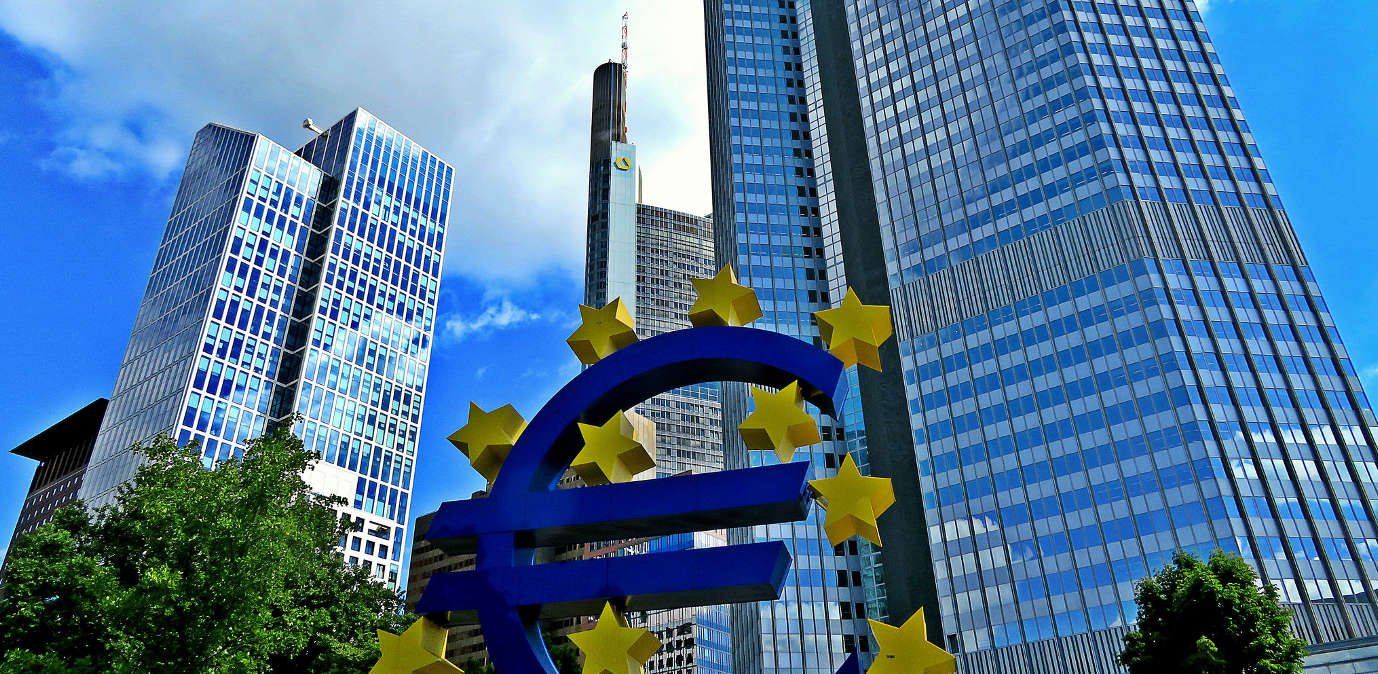On 17 July, King Charles III delivered the King's Speech, outlining the government's legislative programme for the new parliamentary session. The government has announced 40 bills which aim to unlock growth and ‘take the brakes off Britain’. This blog examines the proposals affecting the tech, climate, and energy sectors, and what business should expect as the government introduces legislation.
King’s Speech – the UK’s legislative programme for the tech, climate, and energy sectors
Written by Mitali Sud on 18 Jul 2024
What does Labour’s election win mean for the tech, climate and clean energy sectors?
Written by Pia Doering on 05 Jul 2024
The electorate has given Labour the second-largest majority (after Tony Blair in 1997) in British parliamentary history since Clement Atlee led a Labour Government in 1945. While the result needs to be qualified by the low voter turnout (at an estimated 60%, it was the second-lowest in post-war history) and the low share of the vote that Labour obtained (at only approximately 34%), the size of its majority means the party will have a largely free hand in pushing its agenda through parliament. Now that the UK has a new Prime Minister, a new parliament, and, shortly, a new cabinet, we look at what Labour’s victory could mean for the tech as well as the climate and energy sectors.
UK Government funding helps tech sector boost wind energy
Written by Inline Policy on 02 Jul 2021
Governments across the world are working towards an energy transition for phasing out fossil fuels and meeting emissions targets. Sustainable energy technologies play an increasingly pivotal role in making this happen. We look at how the UK Government’s policies foster the development of technologies in the wind energy industry and how emerging technologies are driving efficiencies and reducing costs in this sector.
Competition between EV charging firms gets political
Written by Inline Policy on 03 Jan 2019
Today’s Financial Times reports on the developing conflict between UK electric vehicle charging market leader Ecotricity and its competitors. This points to a significant challenge for the Government’s efforts to establish a reliable national network of charging points that can underpin consumer confidence to switch away from petrol and diesel.
European Bike-Sharing: how to move forward
Written by Inline Policy on 30 Nov 2017
Over the past six months, brightly coloured bikes have appeared across European cities as bike-sharing, and in particular dockless bike-sharing, has featured with ever growing prominence in public debates. sharing.
Dockless Bike-Sharing: the next regulatory quagmire
Written by Inline Policy on 15 Aug 2017
This summer, Londoners will have noticed the addition of new bicycles parked in various locations across Britain’s capital. Closer inspection of these bikes reveals that they are ‘oBikes’ - a bicycle which you can unlock with an app on your phone and use at very little cost, without the need to park at docking stations.
What does the Industrial Strategy say about a low carbon strategy in the UK?
Written by Inline Policy on 09 Feb 2017
To a rather muted fanfare, the British Government published its industrial strategy green paper last month. As far as the energy and climate change audience were concerned, in the run-up to the publication of the strategy, the Business Energy and Industrial Strategy Department (BEIS) – a department still in its infancy - was essentially facing two challenges:
17 for ’17: Climate and energy policy issues to track in 2017
Written by Inline Policy on 16 Jan 2017
The energy sector – driven by climate policies and regulation and the technology revolution – is undergoing a transformation. As Fatih Birol, the IEA's Executive Director, said in introducing the IEA’s annual World Energy Outlook in November 2017: “…there is no single story about the future of global energy…”
The international climate change agenda: prospects going into 2017
Written by Inline Policy on 22 Nov 2016
2016 has built on the momentum of the Paris Agreement. But the election of Donald Trump in the US has placed question-marks over whether this momentum can be maintained, or if recent progress will be derailed. At the conclusion of COP 22 in Marrakesh, this analysis piece considers the state-of-play and the prospects for 2017.
Does the global aviation emissions agreement sustain the momentum of the Paris agreement? Or does it detract from it?
Written by Inline Policy on 20 Oct 2016
On 6 October, a new acronym was introduced to the world of aviation and climate change. CORSIA – the Carbon Offset and Reduction Scheme for International Aviation – is the outcome of what many in the aviation industry have described as an “historic agreement” to tackle the burgeoning problem of aviation emissions.
Energy storage technologies – will they be able to flourish within current regulatory frameworks?
Written by Inline Policy on 03 Aug 2016
The concept of energy storage is not new. However, technology advancements and the increased sense of urgency in relation to decarbonisation have gradually drawn attention to the possibilities of storage.
Natural Capital’s future in UK policy after Brexit and the Protocol
Written by Inline Policy on 27 Jul 2016
Natural capital — a term for the earth’s natural resources and support systems that benefit human society — is the underlying focus of our environmental laws and policies. The Clean Air and (Clean) Water Acts of the US and UK are two aptly-named examples of previous policies designed to protect natural resources.
The UK Government energy policy in-tray:
Written by Inline Policy on 15 Jun 2016
In the run-up to last Thursday’s EU referendum, policy direction, announcements and news flow dried up as the politicians became increasingly consumed with the debate. Following the tumultuous decision taken by the British people, this piece considers the in-tray that the Government - above all, DECC, but in addition other parts of Whitehall - needs to return to on energy and climate matters.
Out of the low growth trap: the limits of central bank power in boosting economic output
Written by Inline Policy on 06 Jun 2016
Last week’s gloomy Global Economic Outlook from the Organisation for Economic Co-operation and Development (the OECD) raises further questions on the degree of reliance placed by policymakers on monetary policy as an engine to boost output in a low growth, ultra-low inflation, economic environment. Markit Economics’ recent study of combined PMI indicators for the UK and the Eurozone indicated growth in the second quarter of 2016 of 0.2% and 0.3% in each respective market. The OECD downgraded the forecast for UK GDP growth in 2016 to 1.7%.
The Single Rulebook and why it matters for financial services in the UK
Written by Inline Policy on 27 Apr 2016
One of the key policy responses to the financial crisis which led to the Great Recession was the subsequent action taken by EU Heads of Government through the European Council in June 2009 to strengthen the regulatory system governing all financial services providers within the Single Market area. In establishing a new European Banking Authority (EBA), within a European System of Financial Supervisors, which could take decisions on the basis of majority voting, member states also adopted a trio of regulations applicable throughout the Single Market – known together as the Single Rulebook.
 Insights from Inline Policy listing page
Insights from Inline Policy listing page
